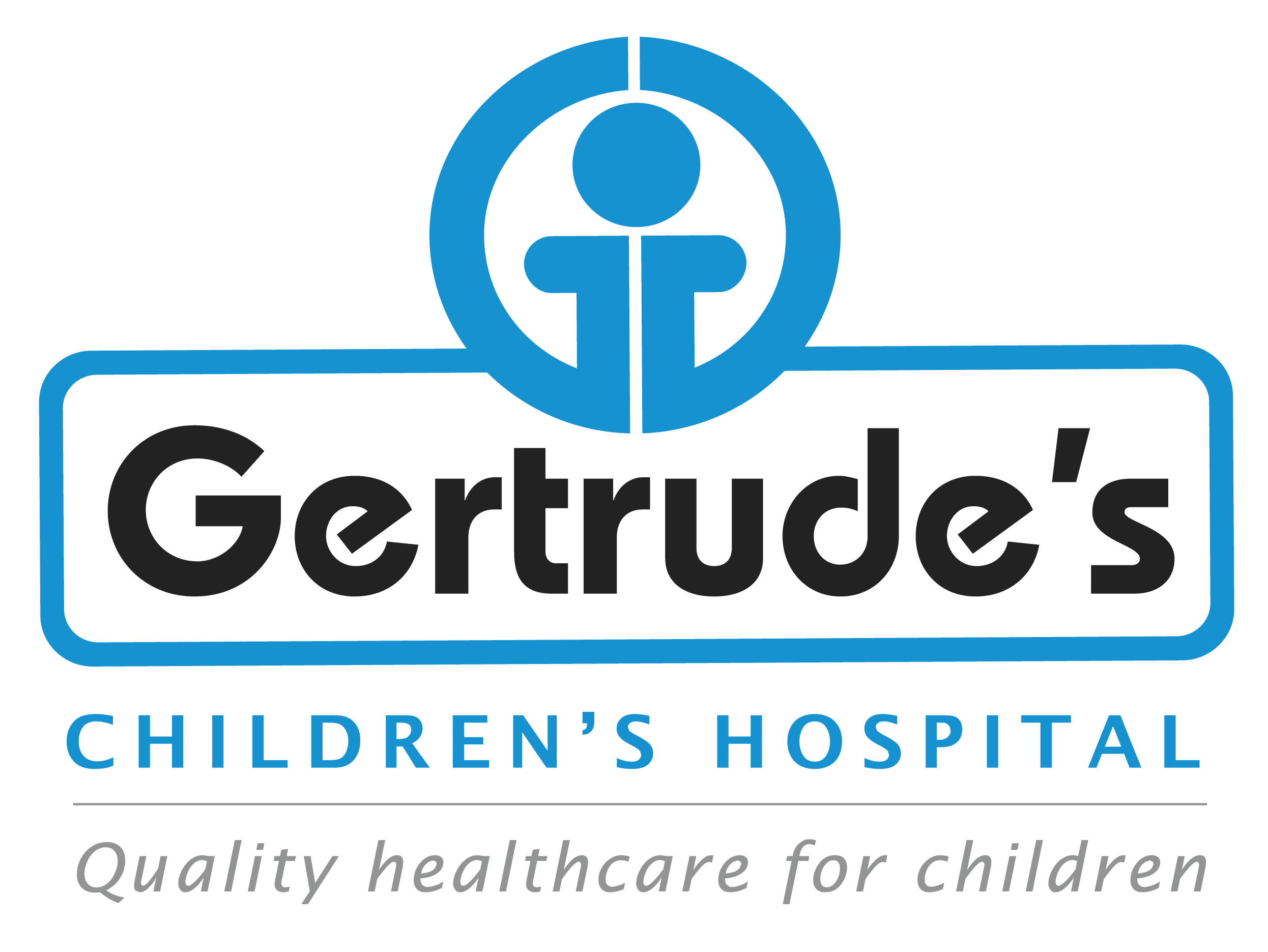Traumatic oral ulcers are sores that develop in the mouth due to injury or trauma to the oral mucosa. These ulcers can occur from various causes, including mechanical, chemical, thermal, or electrical injuries. They are common and can be painful, affecting the tongue, lips, cheeks, and other areas of the mouth.
Symptoms
Common symptoms of traumatic oral ulcers include:
• Pain: Mild to moderate pain, especially when eating or speaking.
• Appearance: The ulcer typically presents as a round or irregularly shaped sore with a whitish or yellowish necrotic membrane surrounded by redness.
• Location: Frequently found on the tongue, lips, and buccal mucosa.
• Healing Time: Most traumatic ulcers heal within 2 to 10 days after the source of trauma is removed.
• Pain: Mild to moderate pain, especially when eating or speaking.
• Appearance: The ulcer typically presents as a round or irregularly shaped sore with a whitish or yellowish necrotic membrane surrounded by redness.
• Location: Frequently found on the tongue, lips, and buccal mucosa.
• Healing Time: Most traumatic ulcers heal within 2 to 10 days after the source of trauma is removed.
Causes
Traumatic oral ulcers can arise from several factors:
• Mechanical Trauma: This is the most common cause and can result from:
• Biting the cheek or tongue.
• Sharp edges of broken teeth or dental appliances (like braces or ill-fitting dentures).
• Overzealous brushing.
• Eating rough or sharp foods.
• Chemical Injury: Contact with irritating substances such as aspirin or improperly cleaned dental appliances can cause ulcers.
• Thermal Injury: Burns from hot foods or liquids can lead to ulceration in the mouth.
• Mechanical Trauma: This is the most common cause and can result from:
• Biting the cheek or tongue.
• Sharp edges of broken teeth or dental appliances (like braces or ill-fitting dentures).
• Overzealous brushing.
• Eating rough or sharp foods.
• Chemical Injury: Contact with irritating substances such as aspirin or improperly cleaned dental appliances can cause ulcers.
• Thermal Injury: Burns from hot foods or liquids can lead to ulceration in the mouth.
Diagnosis
Diagnosis of traumatic oral ulcers typically involves:
• Physical Examination: A healthcare provider will inspect the ulcer and surrounding tissue.
• Medical History: Discussing any recent injuries or habits that may have contributed to the ulcer’s development.
• Ruling Out Other Conditions: It’s important to differentiate traumatic ulcers from other types of oral lesions, such as those caused by infections or systemic diseases.
• Physical Examination: A healthcare provider will inspect the ulcer and surrounding tissue.
• Medical History: Discussing any recent injuries or habits that may have contributed to the ulcer’s development.
• Ruling Out Other Conditions: It’s important to differentiate traumatic ulcers from other types of oral lesions, such as those caused by infections or systemic diseases.
Treatment Options
Treatment for traumatic oral ulcers focuses on relieving pain and promoting healing:
• Pain Relief: Over-the-counter pain relievers can help manage discomfort.
• Topical Treatments: Antiseptic mouthwashes or gels may be recommended to keep the area clean and reduce irritation.
• Avoiding Irritants: Steering clear of spicy, acidic, or rough foods can help prevent further irritation while healing occurs.
• Surgical Intervention: In rare cases where ulcers do not heal or are caused by persistent trauma (like sharp teeth), surgical correction may be necessary.
• Pain Relief: Over-the-counter pain relievers can help manage discomfort.
• Topical Treatments: Antiseptic mouthwashes or gels may be recommended to keep the area clean and reduce irritation.
• Avoiding Irritants: Steering clear of spicy, acidic, or rough foods can help prevent further irritation while healing occurs.
• Surgical Intervention: In rare cases where ulcers do not heal or are caused by persistent trauma (like sharp teeth), surgical correction may be necessary.
Frequently Asked Questions
Q: Are traumatic oral ulcers contagious?
A: No, traumatic oral ulcers are not contagious; they cannot be spread from person to person.
Q: How long do traumatic oral ulcers take to heal?
A: Most traumatic oral ulcers heal within 2 to 10 days after removing the source of trauma.
Q: What should I do if my ulcer doesn't heal?
A: If an ulcer persists beyond two weeks or worsens, consult a healthcare provider for further evaluation and treatment.
Contact
Please feel free to contact us with any general or medical enquiry by calling us.





